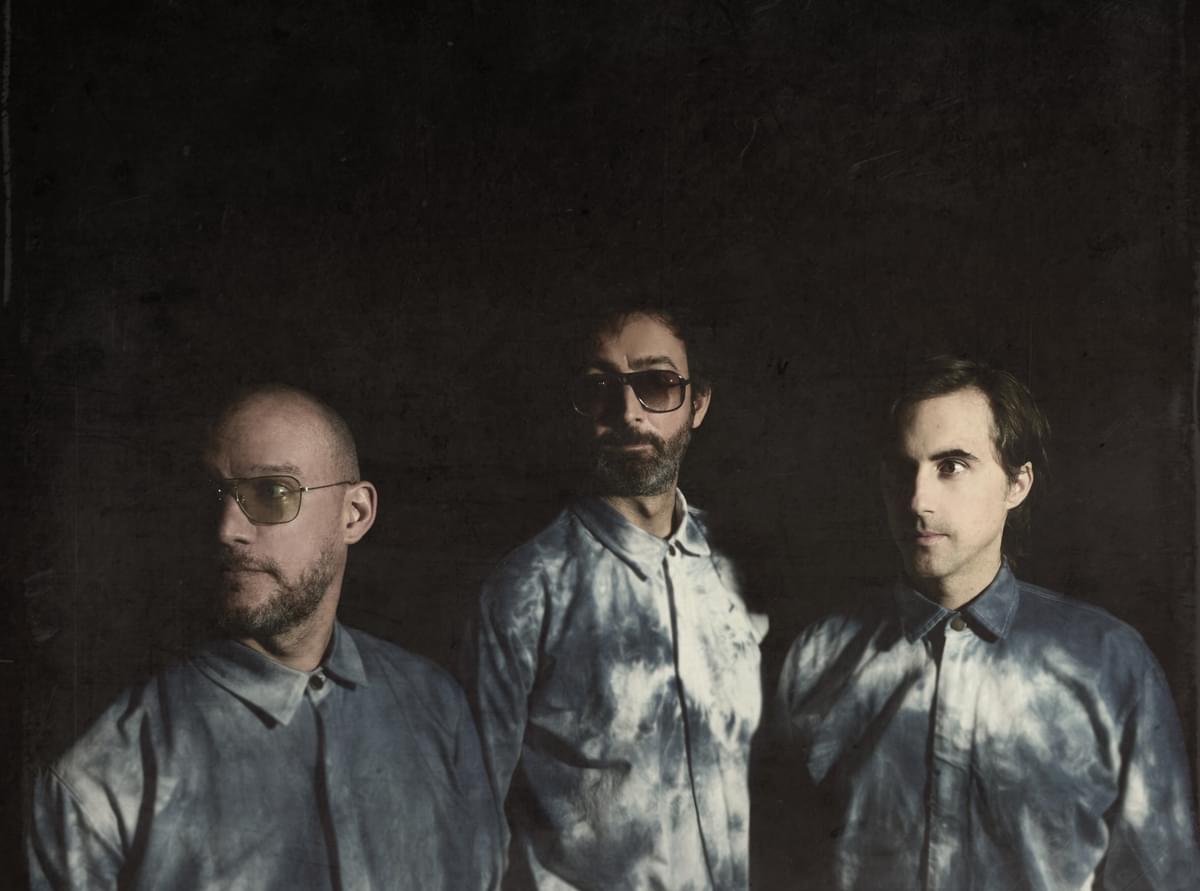
Falling In Love With Krautrock
Ben Lanz of Beirut, writes about the inspirational qualities of communal, musical geeking out: in the case of his new band, LNZNDRF, to Krautrock.
Geeking out on recorded music grounds us in our commitment to sound. It validates the time and energy and obsession that we have invested in organizing sound and connects us with other musicians, as we sonically piece together theories on the records: technical, historical, and theoretical, or we just get washed over by the sound, no internet searches or any other modern killjoy of musical pontification interfering with our immersion.
In any case, I'm pretty sure that it was Neu! that first opened the LNZNDRF can of worms and when a shared love of Krautrock is discovered, the subsequent endless playlist is seamless: Amon Duul II, Can, Cluster, Faust, Harmonia, Kraftwerk, etc.
Despite the dramatic difference in its sub-genres, Krautrock, from its beginnings to the end is a diverse genre of music, but it somehow flows together, song to song, band to band in an introspective spiral of self-conscious reference. Maybe it's a sort of dourness, or an irony that is a commonality in the records. It's eccentric without being Psych and it's silly without ever being, say Beefheart or Zappa. Krautrock has a way of being entirely earnest and sarcastic at the same time.
Take the song that borrows its name from the genre, "Krautrock" by Faust. It is a minimal Art Rock masterpiece, its conviction carrying the song unbending for almost 12 minutes, but it's also a tongue in cheek, self-aware spoof of itself, the music and its peers. There's also a rawness to the records. Despite the synths and layers and splices, Krautrock maintains the uniquely Rock and Roll antipode of mesmerizing repetitive virtuosity and the idea that it’s Rock, anyone can do it!
That all being said, this is from the privileged, yet warped perspective of hindsight. Musical genres are both easy to pin down and extremely slippery to define, as our definitions are colored by the interpretations of the genres that have come between. For our generation, Krautrock should not be labeled as an inspiration without also mentioning the filter of the sneaky Krautrock revival of the 90s. British bands, most obviously Stereolab and The Faith Healers, were the Kraut inspired music that we heard before discovering the original genre. Much of the foundation of the late 80s to 90s British Alternative must have been in Krautrock. Someone should write an article! From The Jesus and the Mary Chain, to My Bloody Valentine, to The Cure, Bauhaus (Bella Legosi's Dead!!! I mean, they're called Bauhaus!!!) and then of course the Euro and American IDM of the 90s….
As young music fans, once we started to get a little over the classics and the local punk and hardcore and pretending that we could skate, we wanted more and smarter and weirder and noisier! Our networks of obsessive music listeners helped point us in new directions, like first hearing Boredoms when they were still noise, or geeking out to Albert Ayler, or a tape of those folks down the street with an amplified tin can tree. We can each name a person, or two, or three that indelibly helped open our ears.
Group music listening—active, invested listening—and through this, discovering our sonic compatriots is the food of musicians’ brains and souls, fingers and lungs and hair. LNZNDRF started from the spark of the happiness of discovering a common musical love.
LNZNDRF's debut, self-titled album is out now on 4AD. The band are currently touring UK & Europe, including a show at London's Oslo Hackney tonight.
Get the Best Fit take on the week in music direct to your inbox every Friday

Squid
Cowards

DITZ
Never Exhale






